J. Thomas Gruenwald
Optimization through In-Context Learning and Iterative LLM Prompting for Nuclear Engineering Design Problems
Mar 25, 2025

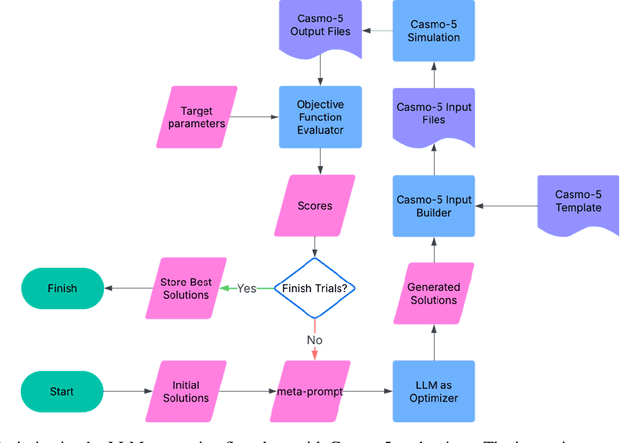

Abstract:The optimization of nuclear engineering designs, such as nuclear fuel assembly configurations, involves managing competing objectives like reactivity control and power distribution. This study explores the use of Optimization by Prompting, an iterative approach utilizing large language models (LLMs), to address these challenges. The method is straightforward to implement, requiring no hyperparameter tuning or complex mathematical formulations. Optimization problems can be described in plain English, with only an evaluator and a parsing script needed for execution. The in-context learning capabilities of LLMs enable them to understand problem nuances, therefore, they have the potential to surpass traditional metaheuristic optimization methods. This study demonstrates the application of LLMs as optimizers to Boiling Water Reactor (BWR) fuel lattice design, showing the capability of commercial LLMs to achieve superior optimization results compared to traditional methods.
Predicting BWR Criticality with Data-Driven Machine Learning Model
Nov 11, 2024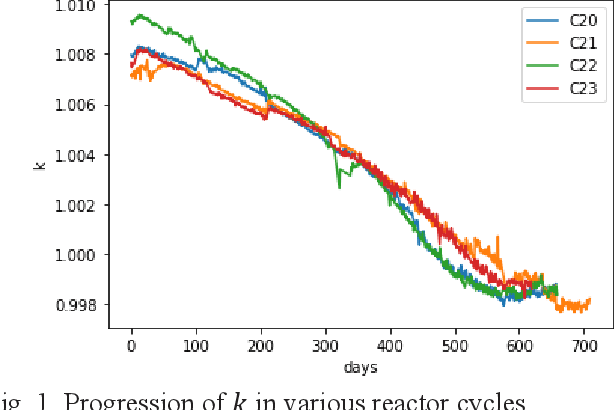
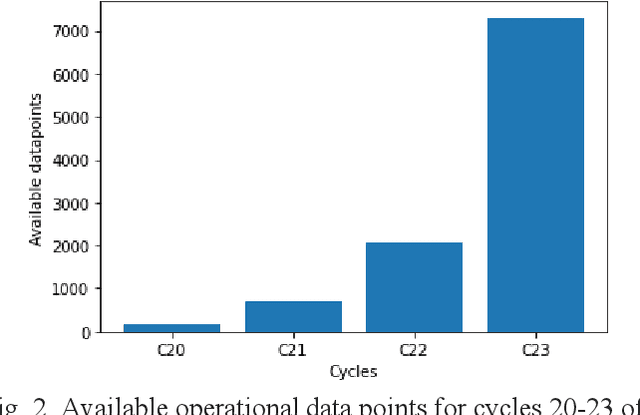
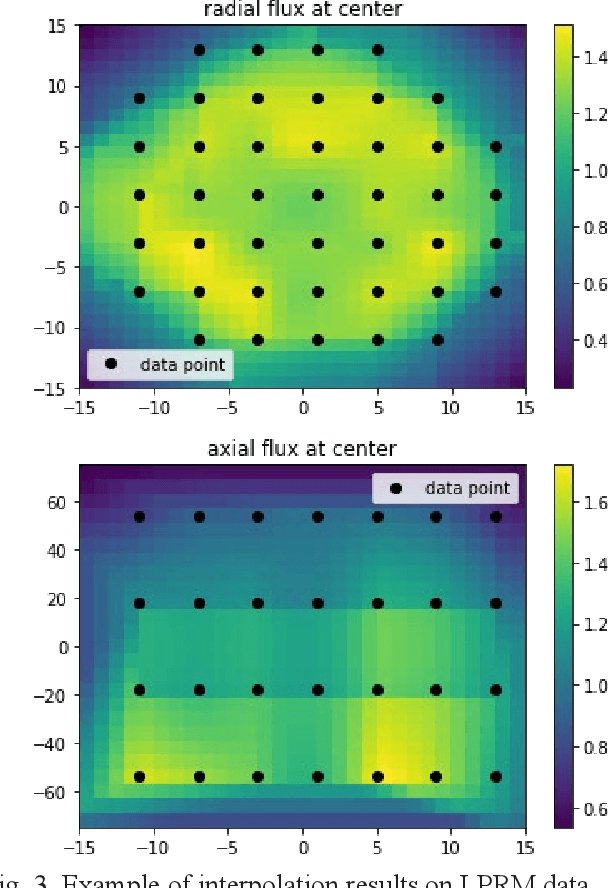
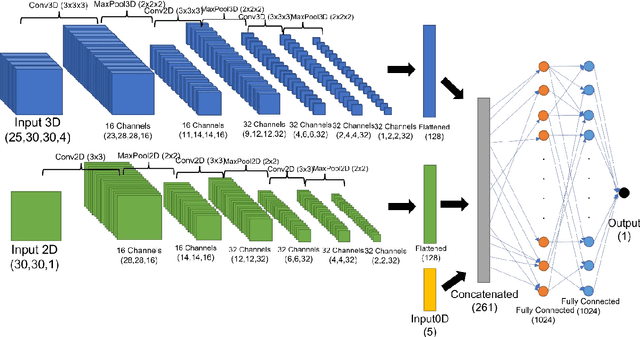
Abstract:One of the challenges in operating nuclear power plants is to decide the amount of fuel needed in a cycle. Large-scale nuclear power plants are designed to operate at base load, meaning that they are expected to always operate at full power. Economically, a nuclear power plant should burn enough fuel to maintain criticality until the end of a cycle (EOC). If the reactor goes subcritical before the end of a cycle, it may result in early coastdown as the fuel in the core is already depleted. On contrary, if the reactor still has significant excess reactivity by the end of a cycle, the remaining fuels will remain unused. In both cases, the plant may lose a significant amount of money. This work proposes an innovative method based on a data-driven deep learning model to estimate the excess criticality of a boiling water reactor.
 Add to Chrome
Add to Chrome Add to Firefox
Add to Firefox Add to Edge
Add to Edge